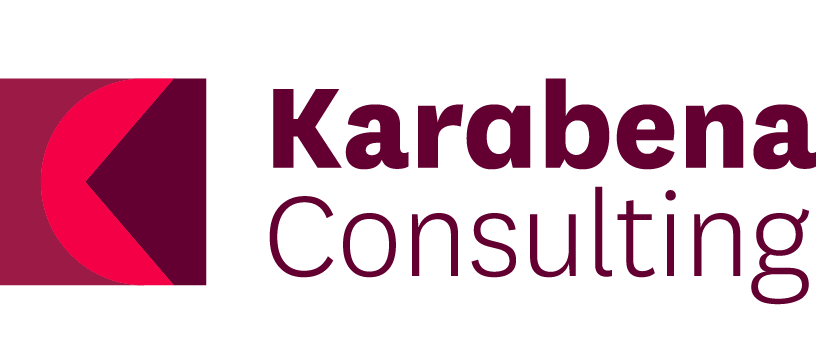Evaluation of a Barossa Hills Fleurieu Local Health Network Model for Keeping Families Healthy Together
Barossa Hills Fleurieu Local Health Network, Gawler, South Australia.
Who funded the project
This project evaluated the Keeping Families Healthy Together model, an Aboriginal women-led model of care operating in the Barossa Hills Fleurieu Local Health Network (BHFLHN), with a focus on the Gawler region in South Australia. The model places Aboriginal matriarchal leadership, cultural governance, child centred practice and relational accountability at the centre of health and child protection service delivery.
The evaluation explored how health services, when culturally grounded, can act as protective factors that reduce statutory intervention and strengthen intergenerational wellbeing. Rather than operating in parallel to child protection, the model positions health care as a site for early intervention, cultural continuity, and family preservation.
Karabena Consulting employed a culturally grounded, mixed-method approach including stakeholder interviews, site visits, and program documentation review to assess model effectiveness. The model’s core features include kinship-based caregiving, wrap-around multidisciplinary supports, cultural governance through co-design, reconciliatory solidarity between Aboriginal and non-Aboriginal staff, and an authorising environment that centres Aboriginal women’s leadership.
Key outcomes include increased family preservation, strengthened cultural identity, improved parent–child attachment, and enhanced trust in services. However, geographic access remains a barrier for families outside the Gawler area, underscoring the need for broader system adoption of this approach. The model offers a clear, scalable example of relational, culturally safe care embedded in modern matriarchy.
Summary
The project aimed to evaluate how the Keeping Families Healthy Together model supports family preservation through culturally grounded care. It examined the role of Aboriginal women’s leadership, relational accountability, and kinship-based caregiving in reducing statutory intervention. The evaluation also sought to identify the systemic and practice-level conditions that enable culturally safe, place-based care to be delivered through mainstream health systems.
Project Aims
The evaluation used a mixed-method approach grounded in Indigenous methodologies and principles of cultural governance. Aboriginal Health Workers were trained as community researchers and led the development and delivery of research activities with families. They conducted interviews, facilitated discussions, and produced transcripts that were provided to the Karabena Consulting team for thematic analysis and reporting.
This process ensured that knowledge production remained locally controlled and culturally accountable. Authors of the report included those who conducted the fieldwork, with shared authorship arrangements that reflected the leadership and contributions of the Aboriginal women at the centre of the evaluation. All findings were shaped through lived experience, relational analysis, and Aboriginal-defined indicators of success.
Methodologies
Outputs
The outputs of the project included:
Thematic analysis of transcripts produced by Aboriginal Health Workers trained as community researchers, co-authored with the Karabena Consulting team to reflect the voices and leadership of those who conducted the fieldwork.
Presentation materials and speakers' notes developed to support community researchers and staff in representing their work to internal and external audiences.
A plain-language community summary capturing key findings and quotes from participating families.
Internal briefings for the Barossa Hills Fleurieu Local Health Network to inform service integration, cultural safety practices, and workforce development.
Support for the project team to launch their work on National Aboriginal and Torres Strait Islander Children’s Day, including event coordination, speaking opportunities, and dissemination materials tailored for community and policy stakeholders.
Project outcomes included:
Short-term outcomes:
Increased engagement and trust between Aboriginal families and health services, particularly among those with previous statutory involvement. Aboriginal Health Workers reported greater confidence and recognition in their roles as community researchers and care navigators. Non-Indigenous staff demonstrated improved cultural fluency and a shift in practice to support Aboriginal women’s leadership.
Medium-term outcomes:
Families involved in the model experienced fewer statutory interventions, with many reporting the ability to care for their children free from ongoing surveillance. Strengthened kinship-based caregiving was evident, with grandmothers, aunties and extended family members actively included in care planning. There was increased interagency collaboration across health and child protection services, with shared decision-making becoming more routine.
Long-term impacts (anticipated):
The model has influenced service design priorities within BHFLHN and contributed to broader conversations about embedding cultural governance and Aboriginal leadership into child and family health models. It provides a basis for place-based replication and contributes to efforts toward systemic reform, including shifting institutional behaviours and improving cultural safety within statutory environments.
Additional impacts:
The publication and launch of the evaluation on National Aboriginal and Torres Strait Islander Children’s Day contributed to increased visibility of the model and public awareness of culturally safe alternatives to child removal. The project set a precedent for embedding Aboriginal-led co-design, cultural governance, and community-authored research into future policy and service development initiatives.
Project Outcomes
#CulturalGovernance #AboriginalWomensLeadership #RelationalAccountability #FamilyPreservation #ChildProtectionReform #CommunityResearch #CulturallySafeCare #KinshipCare #CoDesign #ModernMatriarchy
